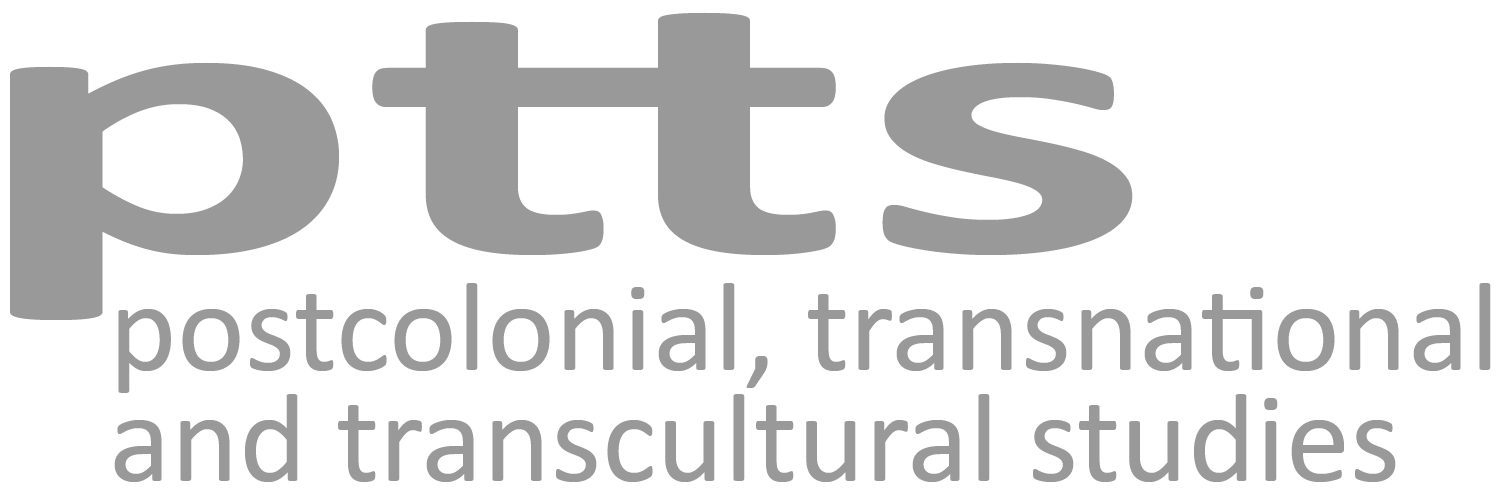Research group
Open Cities:
Cultural articulations of citizenship in Berlin and Sydney
Researchers:
Dr. Fiona Allon (UWS Sydney), Prof Kay Anderson (UWS Sydney)
Prof. Dr. Russell West-Pavlov (FU Berlin), Prof. Dr. Mark U. Stein (Uni Münster)
Dr. Markus Schmitz (Uni Münster), Dr. Justine Lloyd (Macquarie, Sydney),
Anja Schwarz (FU Berlin), Sarah James (UWS Sydney)
Funded by Australian Research Council (ARC) and German Research Council (DFG) , 2006-2009
Cities, as the locus classicus of modernism, have long served as central icons for the modern nation-state. However, in recent years, processes of globalization have increasingly rapidly undermined the authority of the nation state and have transferred hegemony to transnational concerns, with radical consequences for the manner in which the city has been theorised. The city increasingly takes on other significant meanings alongside that of the public face of the national identity. At the same time, the city has become one of the central foci for migration, whether intra-national (in the phenomenon of rural depopulation) or international. Increasingly, the city becomes a place of dis-location. The local network of allegiances and identities is displaced by a sense of international and global identifications. In the wake of such dislocations, new forms of belonging can be seen to emerge, one of which has recently been identified as ‘urban citizenship’. Building upon early-modern concepts of a citizenship which was connected with membership in the city guilds and active participation in the life of the post-Renaissance polis, this notion re-embeds civic identity and processes of identification in the context of the metropolitan fabric of life.
In this concept a pendulum-swing can be identified which attempts to set right the recent imbalance in the direction of dislocated global allegiances. The concept of ‘urban citizenship’ attempts to do justice to notions of local culture which preserve some sort of continuity from earlier forms of national allegiance, but do not lose sight of the fact that the latter forms of identity have been permanently inflected, if not ruptured, by the influx of the international and the global. ‘Urban citizenship’ is a notion which tries to articulate, in a flexible mode of expression, new forms of local belonging which are subject to the influence of global culture but which also elude its totalizing force. ‘Urban citizenship’ is both post-local and neo-local in nature. It is entirely compatible with other now established concepts such as urban multiculturalism or global-local concepts, for it represents an organic reaction, as much at the level of urban habitus as at the level of theoretical reflection, to the tensions of increasingly dislocated – but also re-located – urban identities.
This research project aims to explore the articulations of these two aspects of urban citizenship via a series of cultural studies cases studies focussing on Berlin and Sydney; Australia, two post-national globalizing cities of the present day. The project aims to explore the manner in which new forms of urban identification can encompass the patently international, globalizing character without erasing their presence, nor capitulating to the pressures they exert. In what ways, the project seeks to ask, can multicultural identities be re-inserted in a local context, without necessarily losing their connections to the world beyond the urban space in which they have put down roots? ‘Urban citizenship’ responds to demands for national identification by a form of hypo-localism which may well run counter to the new nationalisms. ‘Urban citizenship’ may offer flexible alternatives to the hold of the new conservatism, and may form the emergent site of a nascent resistance to large-scale hegemonies.
Keywords:
Cultural citizenship • Belonging • Diaspora • Globalisation • Translocation • Transmigration • Urban studies • Postcolonial studies

